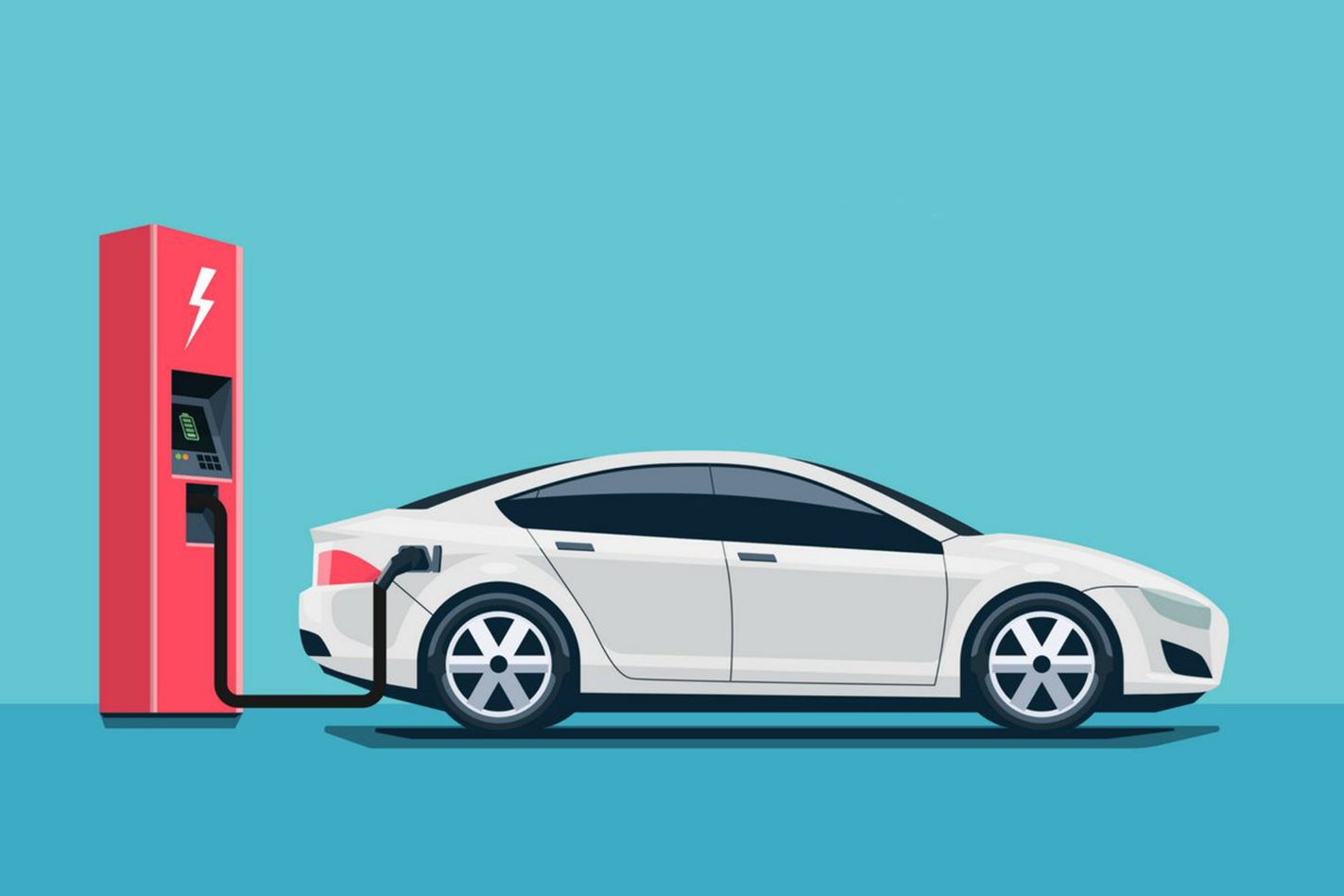Snapshot
- FCAI advocating for range of tech, recommending own voluntary standard
- Carmakers divided over whether they support FCAI or want full EV push
- EV summit coming up could be a gamechanger
Calls have been made for unity over an ongoing row between a peak industry body and electric vehicle campaigners on the best way forward to lower Australia’s auto emissions.
Volkswagen Group Australia’s (VGA) Managing Director, Paul Sansom, made the plea after in-fighting broke out between various sectors of the car industry earlier this week.
“While gratefully acknowledging FCAI’s advocacy on such important topics as improving the fuel standard, it has a very difficult job because it is a broadchurch with a wide membership,” Sansom told ABC radio.
“Companies such as ours will be pushing to drive the changes that we need in order to see more EVs [in Australia]. Other manufacturers will hold a different view. What I would say to the FCAI is that division on this topic is going to make the journey even harder. We need to find some unity.”
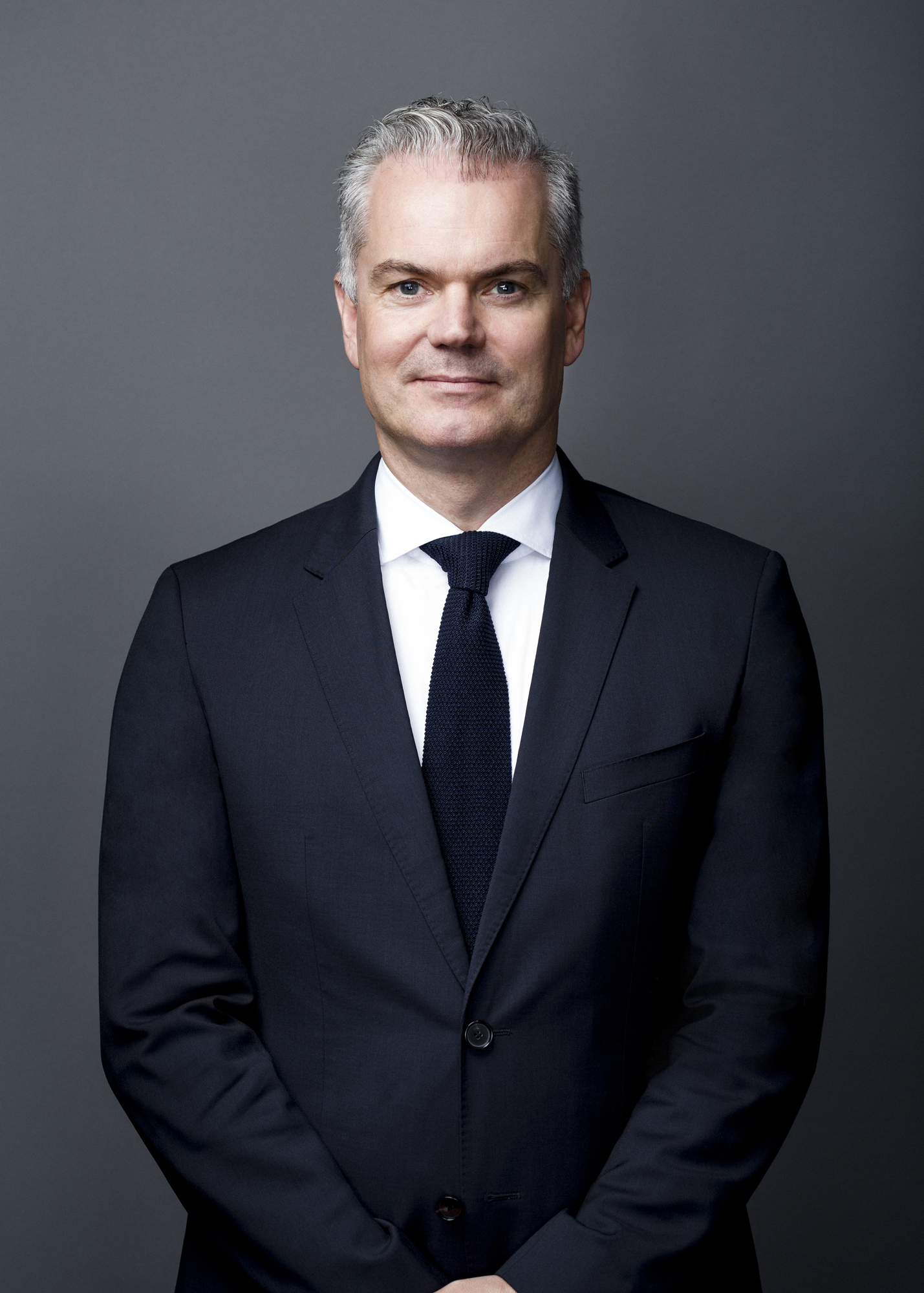
On Monday, a report in the Sydney Morning Herald claimed that the Federal Chamber of Automotive Industries (FCAI) has been launching a campaign behind closed doors which would delay Australia’s transition to EVs.
According to the news article, the FCAI is lobbying policymakers to adopt rules that would preserve petrol and hybrid cars well into the future, and to adopt its existing, voluntary emissions scheme as the national standard.
Since then, Wheels has spoken to several manufacturers about their own standpoints, with one telling us that it supported the FCAI’s stance on Australia transitioning to zero emissions through a range of technologies rather than full EVs – describing some climate campaigners’ rhetorics as “militant”.
Meanwhile, Volkswagen said it “will be campaigning to have stronger standards”.
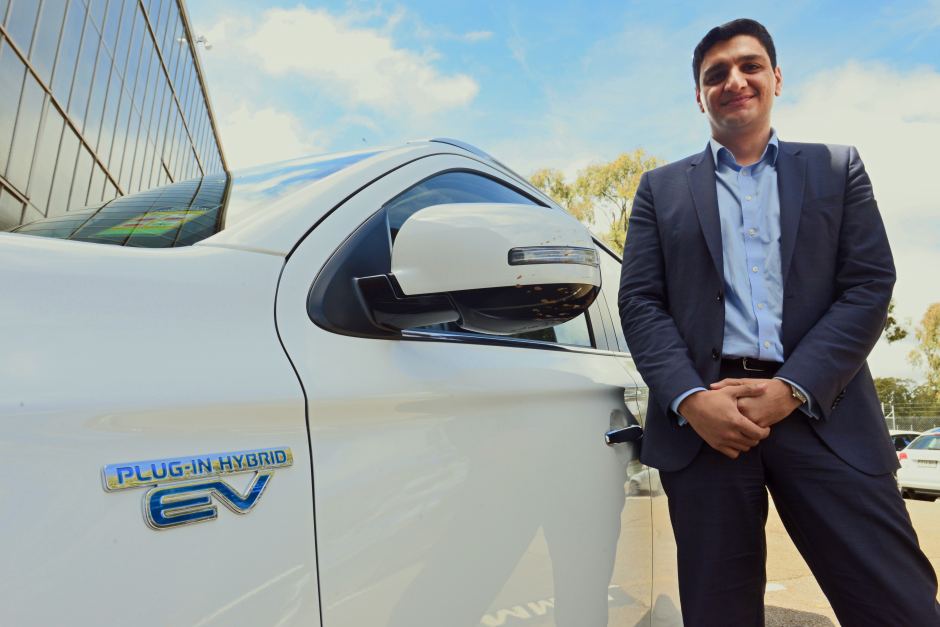
Sansom mantains that with a tough emissions standard, which is in line with Europe and the UK, companies like VW will be able to bring in more electric models in large volumes and price parity will not be far behind.
“The market [in those places] had to adapt, quite frankly. Lobby groups had their say, but ultimately it was the Government that enacted legislation. Today you see in the UK and most European countries the very rapid adoption of electric vehicles because those standards have to be met,” the boss added.
“When we have those standards in Australia we will get the supply to meet demand. One in two of our customers are looking at EVs for their next vehicles.
“By 2030, half of the vehicles we produce will be battery-electric (BEVs). By 2040, we won’t be selling anything but BEVs.”The FCAI has not publicly responded since the furore broke on Monday, but previously has gone on record saying: “Our members recognise the need to combat climate change. In the absence of federal leadership in 2020 we established our own voluntary scheme that sends a message to manufacturers’ head offices that Australian motorists want the best low emission technologies.
“Any reduction target must be broad based and focused on reducing CO2, not picking certain technologies over others. Our zero-emissions future is ultimately full electrification.”
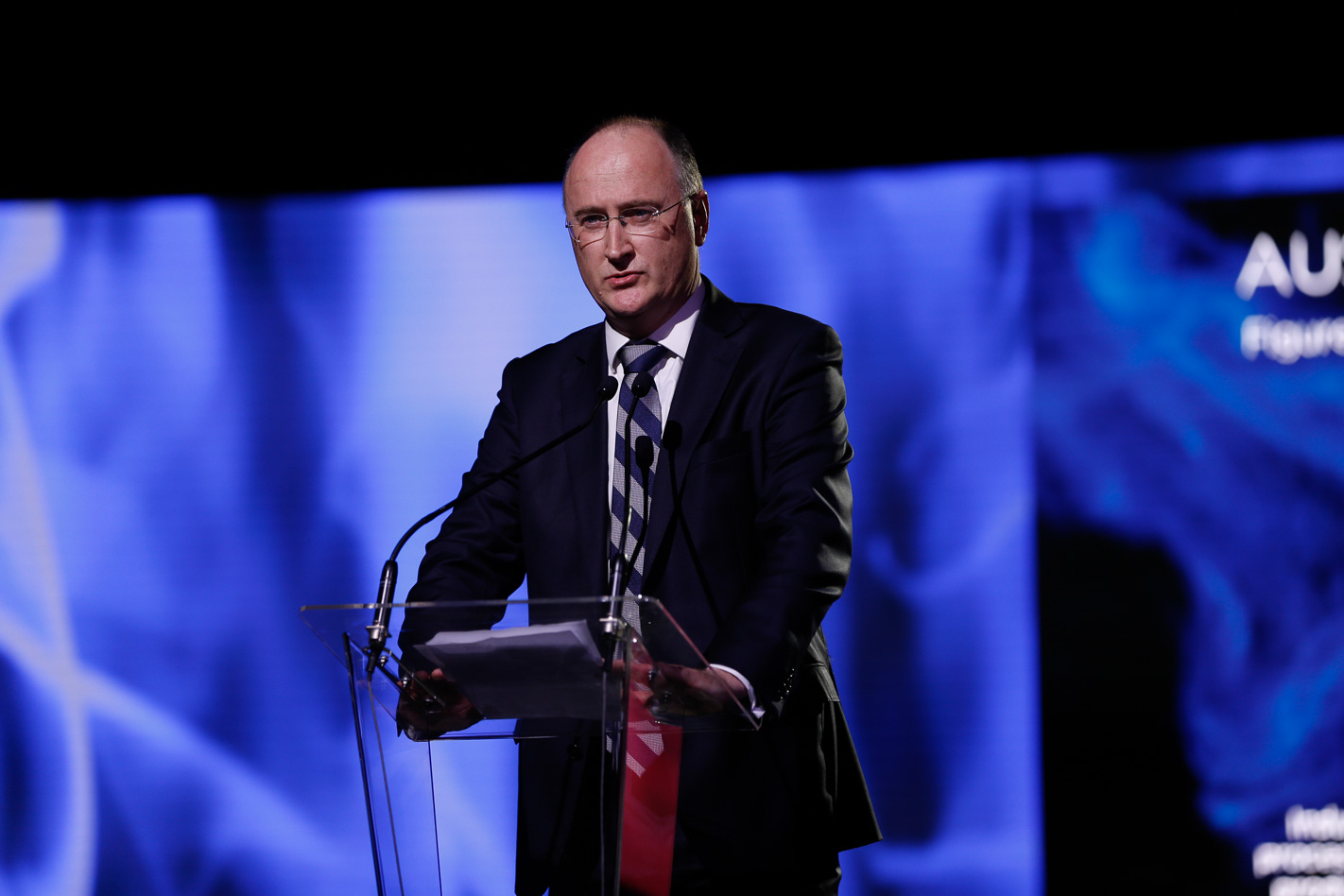
But while the FCAI has not brought its voice back into the fray, others have been filling it.
“The only fuel-efficiency standards that will make a difference are standards in line with those that exist in the US and Europe,” said Electric Vehicle Council (EVC) chief executive Behyad Jafari, also tweeting “as Australia starts a fresh effort to reduce emissions and drive electric vehicle uptake, it’s important the bad actors are called out” in a thinly-veiled dig at the FCAI.
On the other side of the debate, Motor Trades Association of Australia (MTAA) CEO Richard Dudley said the time for cheap pot shots and airing “facts of convenience” is over.
“Rather than ‘call out’ organisations as ‘bad actors’ for providing Australian consumers hard facts, perhaps groups like the Electric Vehicle Council and others can explain to Australian consumers and 70,000 automotive businesses employing more than 370,000 why industry facts are wrong,” Dudley said.
“Two weeks ago, the MTAA facilitated a historic summit of 10 leading automotive industry associations to determine national positions as together we face mobility’s most critical crossroad.
“Industries received and considered global international and domestic research and analysis, providing an unassailable picture of what is coming down the new EV pipeline for the next 10 to 15 years. Research and analysis not from one but several respected global independent sources, which all essentially come to the same conclusions – which the industry agreed to.”
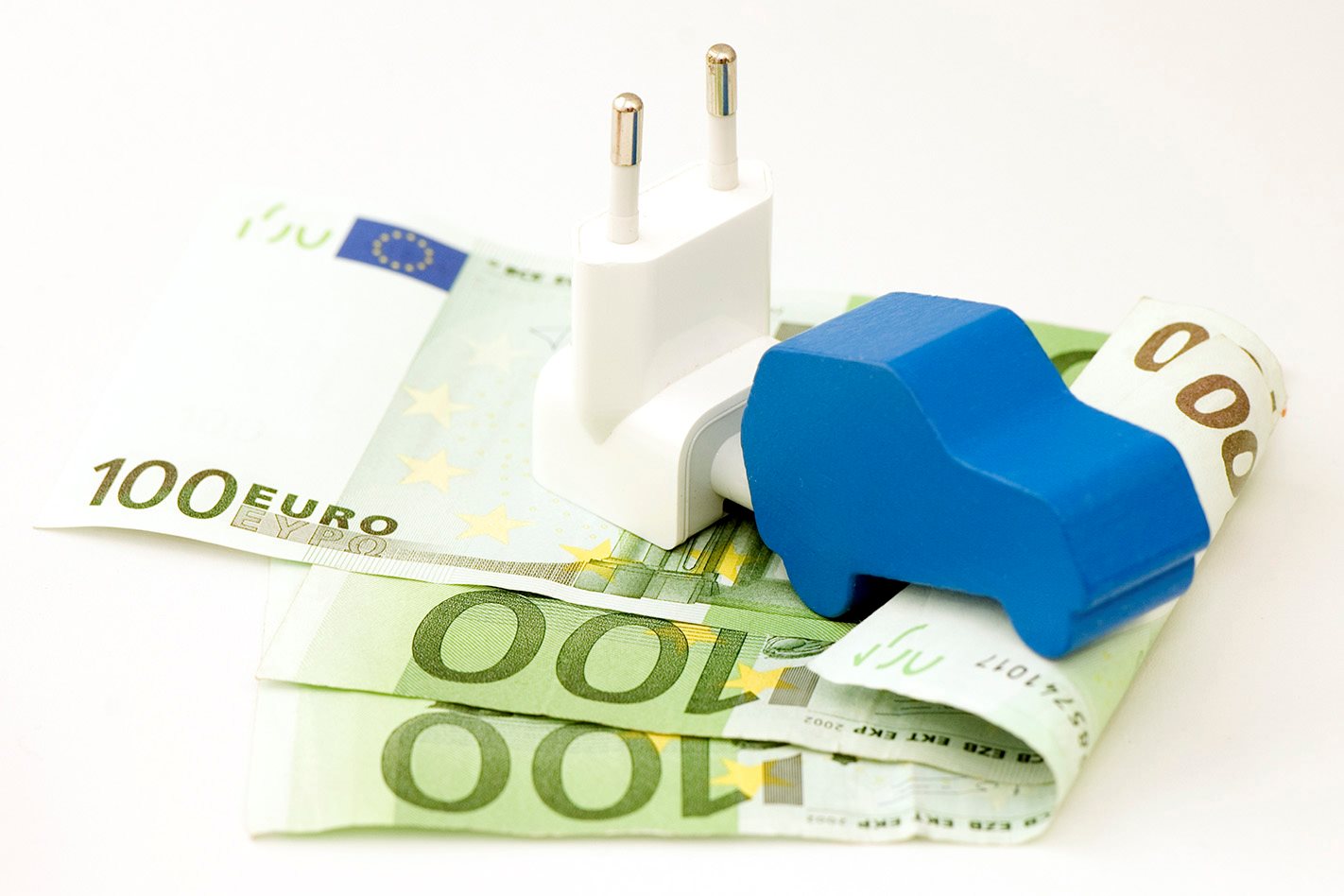
Like the FCAI, the MTAA believes a federal emissions target is long overdue – but anything that is developed or announced in the near future should focus on a CO2 goal rather than EV sales targets, recognise Australian consumers’ desire for at-home charging and the subsequent public charging infrastructure requirements, as well as the people and skills required to still service, repair, and maintain both an electric and the legacy fleet.
Also key, according to the organisation, is consistent and targeted subsidies and incentives, as well as tariff and taxation reform.


